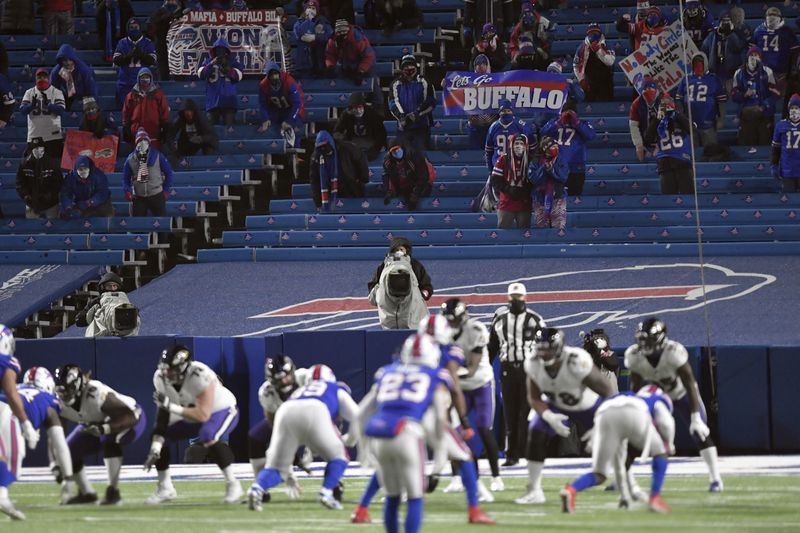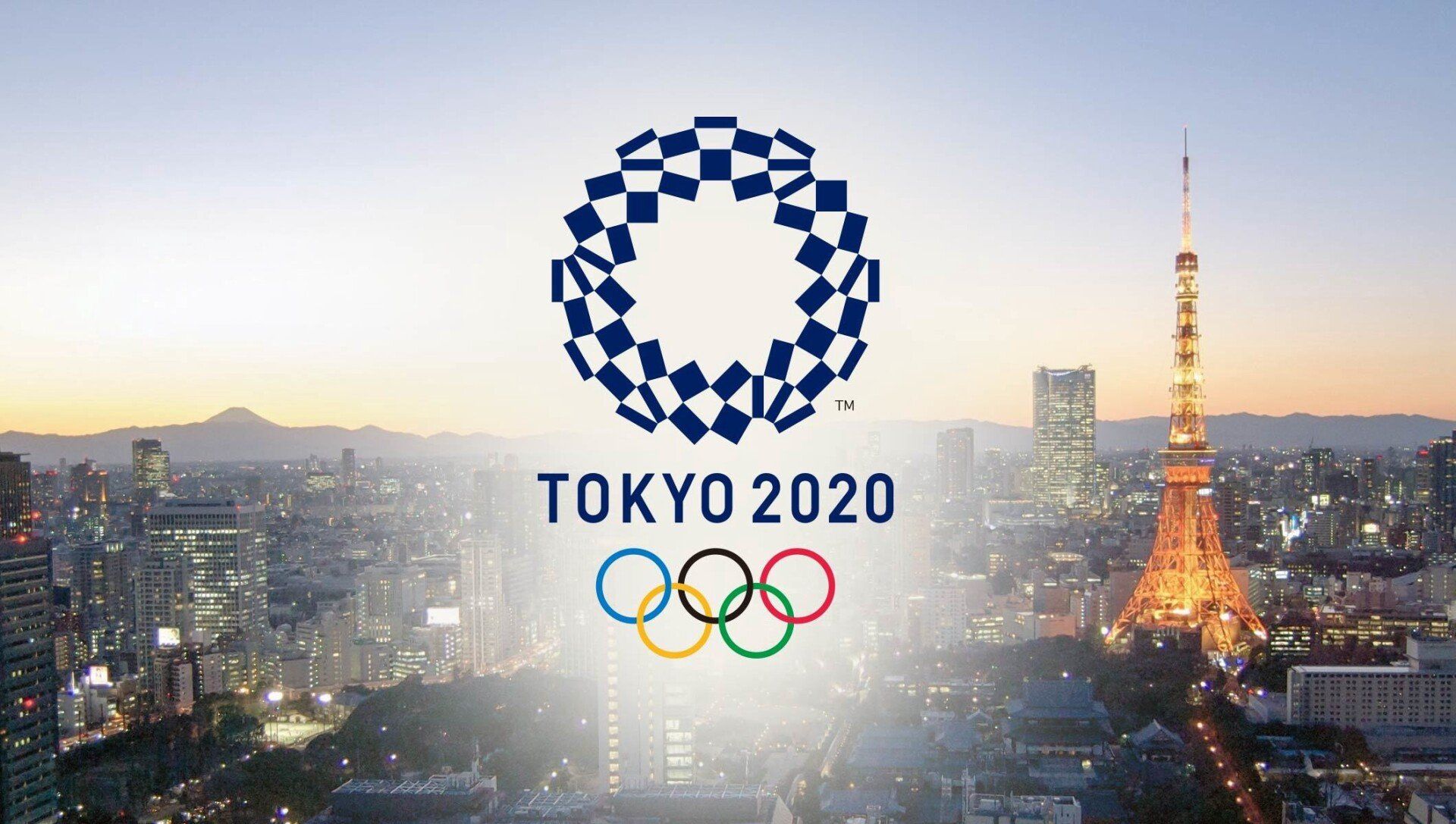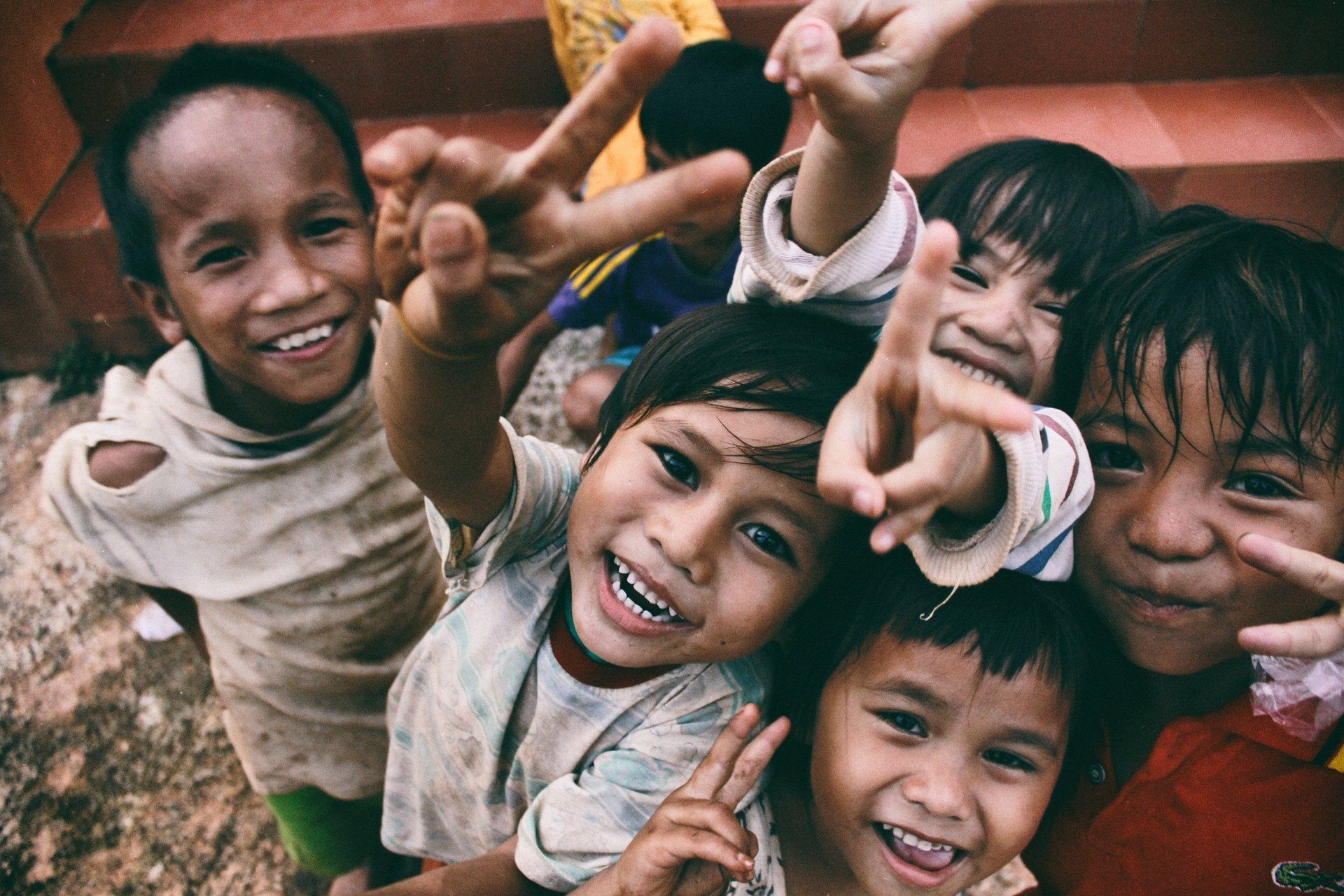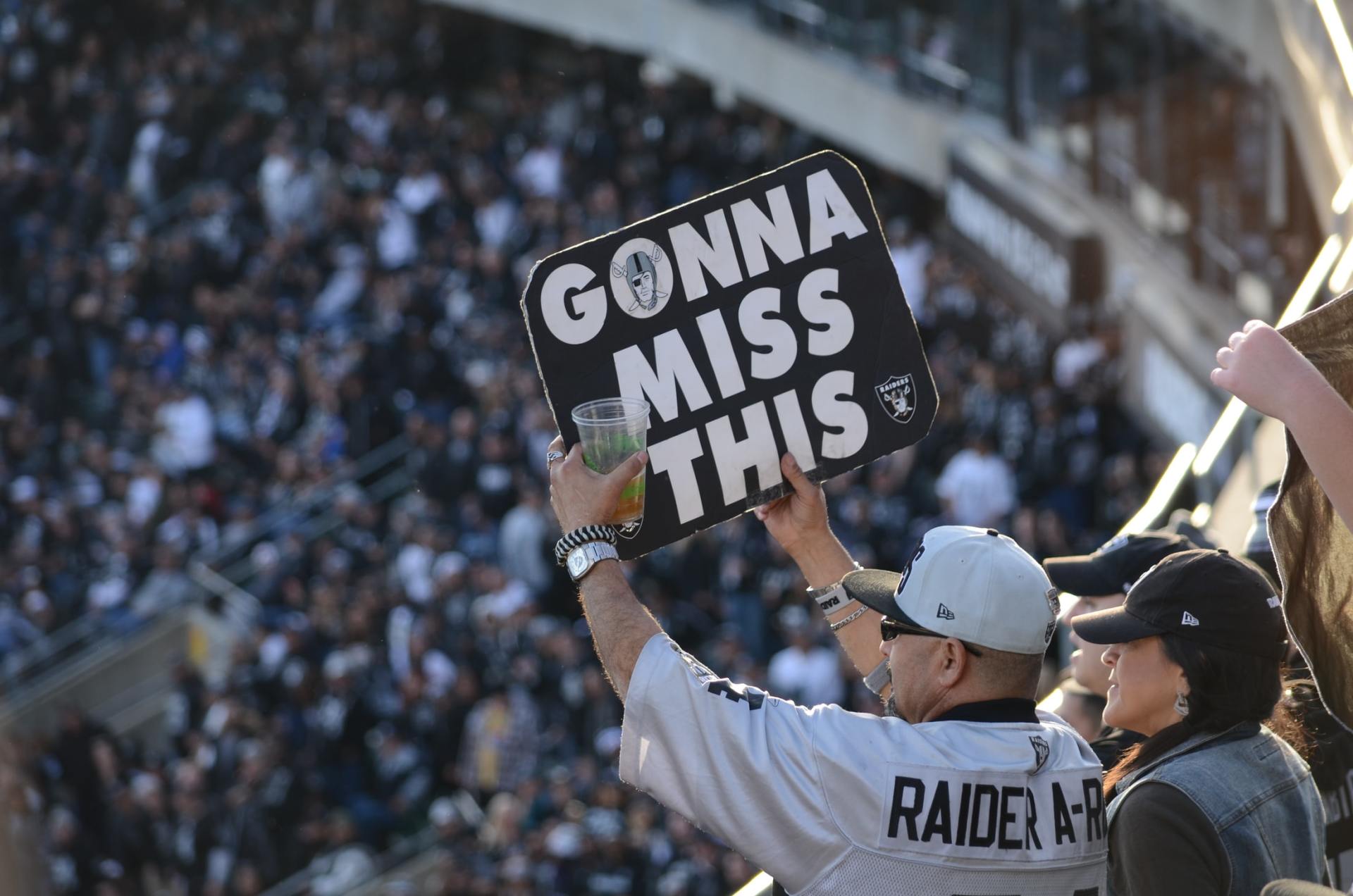Olympics 2021: 5 Positive Takeaways From The Tokyo Games
Sports Fans Keep Making The World Better
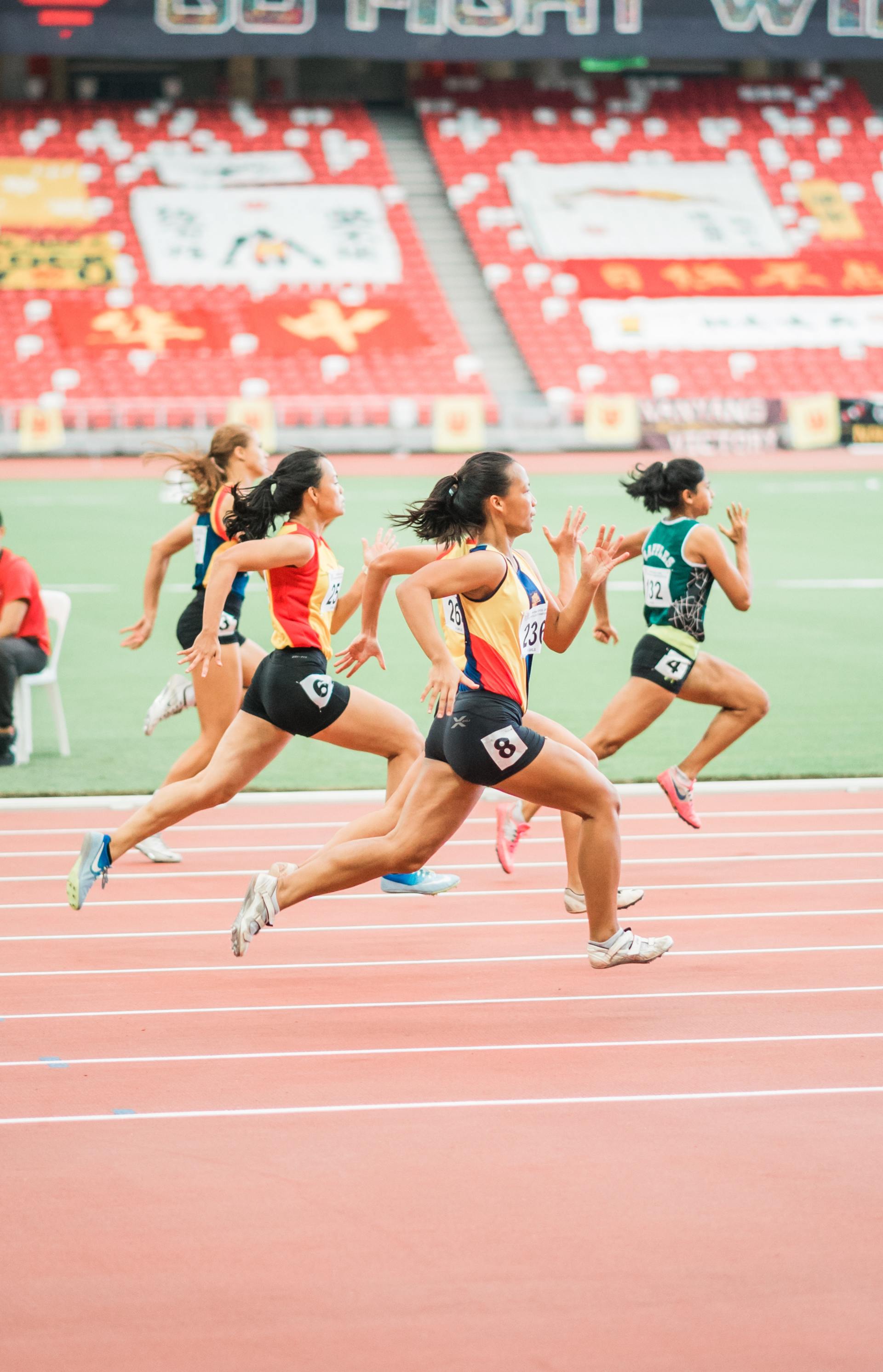
After a year’s delay and much consternation with economic and coronavirus issues, the 2020 Tokyo Olympics, rescheduled for 2021, are now part of history, and frankly came off better than almost any pundits expected. But that is not too surprising given that those pundits, including most mainstream Western media, were overwhelmingly, unnecessarily and in many cases ignorantly negative about the Games to begin with, and I got the feeling that many of my sports writing colleagues were hoping for a big failure so they could say they were right.
That didn’t happen, and now that the Games are over, despite no spectators, and the unfortunate loss of billions of dollars in projected tourism revenue for the host nation (which would have been lost whether or not the Games continued) it’s important to consider all the positive, and in many cases lasting, effects of the Tokyo Olympic Games. Here are my top 5, in no particular order:
1. Japan’s Jackie Robinson Moment: Little mention was made in coverage of Japan’s longstanding racism issues and history of discrimination against citizens born to mixed race families, known derisively as “hafu,” meaning half breed. In recent years the best tool for progress in combatting this systemic racism has proven to be the success and popularity of mixed-race Japanese athletes, from baseball star Yu Darvish to the suddenly beloved Naomi Osaka. The choice of Osaka to light the Olympic cauldron, a very high honor that at our last Summer Games was reserved for national hero Muhammed Ali, marked a big turning point and put this issue front and center on the national sportive stage, not unlike when Jackie Robinson first came out onto the baseball field in his Brooklyn Dodgers uniform, shattering a major barrier. The momentum continued when Team Japan’s Aaron Wolf, born to one American parent, won gold in Judo, one of the most culturally important events of the Games to the Japanese audience. There is a lot more on the subject, and the role of spectator sports in combatting racism generally, in my book, and during the Games I wrote this Op-Ed for USA Today that elicited a lot of fan mail from Japanese readers.
2. The Participation Effect: No one watches an NFL Football games and is suddenly inspired to put on gear and get sacked by a big, fast, powerful athlete. But there are a handful of sports that simply seeing on television leads the audience to pursue, and when spectators on the couch are converted into active participants, those who study the role of spectator sports (like me) call this “the participation effect.” There are many examples, but the best are the Olympics, which every two years inspire a surge in gym memberships, fitness class participation, and new participants in sports showcased at the Games but rarely seen otherwise, from triathlon and swimming to the newcomers, surfing and rock climbing. With an obesity crisis in this too sedentary country, and other parts of the world, leading to all sorts of related dangerous health conditions such as diabetes, anything that gets people off the couch and moving has a high value to society, and the Olympics have been proven to do just that. You can watch this fun animated segment I did on the Dr. Oz Show to explain the participation effect here.
3. Showcasing Women’s Sports: It’s not even remotely close - there is no other time when so many female athletes get as much exposure as at the Olympics, from team sports to individuals. It is well established that the past success of the Women’s US Soccer Team drove hundreds of thousands of young American women into soccer, a paradigm shift across the elementary and high school sports scene in this country. Exposer to women athlete role models continues to drive participation and benefit younger generations and record shattering performances by the likes of Katie Ledecky and Allyson Felix put big exclamation points on that trend. The shocking Gold medal race by 17-year old Alaskan high school student Lydia Jacoby - and peer reaction replayed over and over around the world - reaffirmed to teenage girls everywhere that when it comes to sports, dreams can come true.
4. LGBTQ Rights: In my book I relate the story of professional freeskier and Olympic medalist Gus Kenworthy, who became the first openly gay athlete in the so-called “action sports” community, then returned to the Korean Winter Games as the rare openly gay competitor. It seems hard to believe that it was at those same Games - just 3 years ago - that skater Adam Rippon became the first openly gay American man to medal. But while progress should have happened faster and sooner, the Olympics have become a prominent global stage for this issue. Not too long ago, the “normal” total of openly LGTBQ athletes hovered around zero. By Beijing 2008, it was considered “progress” that a record eleven LGTBQ athletes participated. That number more than doubled for London 2012, more than doubled again for Rio 2016, and hit new record highs for Tokyo. This big global stage has real impact, and in 2018, as the Games loomed, Tokyo’s city government passed an ordinance protecting LGTBQ people from discrimination, echoing the words of the Olympic Charter. Competition may run only a few weeks, but that is a lasting change for the better. Before the Games began, IOC President Thomas Bach dedicated the opening of Tokyo’s Pride House, a new LGBTQ community center, noting that, “In sport we are all equal.” Weeks after his pronouncement, Canada’s Quinn became the first openly trans athlete to take home Gold.
5. Mental Health Awareness: The issue of mental health struggles among top athletes was moving into the spotlight before the Games, thanks in large part to former record setting Olympian Michael Phelps and Team Japan’s star Naomi Osaka. But when Simone Biles, widely considered the greatest gymnast of all time, shocked the world by withdrawing from events last minute to take care of her mental health, the topic became front page news all over the globe. While Biles’ decision sparked a small firestorm of ignorant and misguided criticism, not surprisingly from those who had no relevant knowledge or understanding of her situation, support quickly became widespread, and many other prominent Olympians like swimmer Simone Manuela and sprinter Noah Lyles - who spoke about mental health immediately after winning Bronze - quickly stepped up. So have athletes outside the Games. This topic has quickly gone from simmering below the surface to full public boil, in a good way, and while the spotlight has been on the mental health of athletes, these are high profile role models whose ordeals and admissions inspire all those non-athletes as well. The big win is for awareness of mental health issues period, not awareness of such issues in sports, and as a recent Vox headline proclaimed, “America’s mental health moment is finally here. There’s a mental health moment in America, and athletes are leading the way.”
